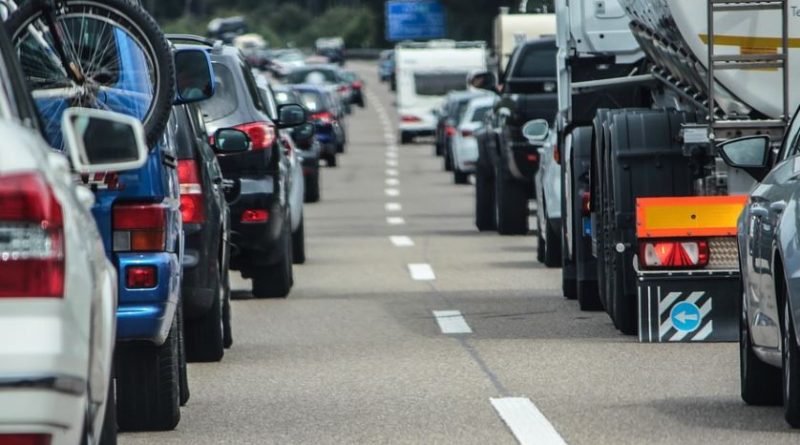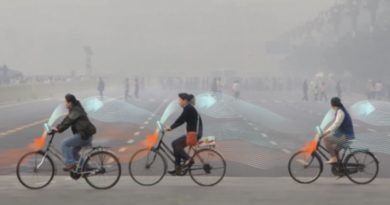Switching to cycling and public transport “essential” to hit sustainability targets, says EEA
Shifting to walking, cycling and public transport is crucial if Europe has any hope of meeting its long-term sustainability targets and policy objectives defined by 2019’s European Green Deal.
The European Environment Agency (EEA) has published a report assessing how green and sustainable ‘first and last mile’ transport options truly are, linking people with bus, rail and metro services.
The report was not wholly positive about the environmental credentials of trending transport options like electric scooters, finding that e-scooter share schemes appear to attract users that would otherwise have walked or used public transport. The substantial negative impact on the environment of e-scooter manufacturing and frequent collection for recharging purposes was also noted.
Similarly, ride-hailing apps like Uber and Lyft were called out too, noting studies that revealed that those apps and services tend to draw people away from public transport.
Transport emissions need to fall 90% to hit climate neutrality by 2050
The European Green Deal proposal’s sustainability targets include to achieve climate neutrality in the EU by 2050 (the UK has committed to the same target). The EEA briefing found that transport emissions were 29% above 1990 levels in 2018, and will need to be cut by a massive 90% to hit the 2050 aim.
The transport sector continues to heavily rely on fossil fuels and is responsible for one quarter of Europe’s greenhouse gas emissions. In 2018, the average CO2 emissions of new passenger cars increased for the second consecutive year to 120.4g CO2 per km. While petrol cars are overtaking diesel in new passenger cars, total consumption of diesel continues to increase.
Aviation emissions continue to grow too, by an average of 3% each year since 2013. Meanwhile, emissions from international shipping increased 5% in 2 years (2015-2017).
The share of renewable energy used for transport in the EU rose from 7.4% in 2017 to 8.1% in 2018, below the 10% target set for 2020.
More than 27% of European citizens are exposed to transport noise levels of 55 dB or higher, including 15-20% for road traffic noise alone. At the end of 2019, a study found that the impact of air pollution on health has previously been underestimated.
Regarding the use of apps, the EEA said: “Digitalisation and mobility apps can make a good urban mobility system even better, but they cannot compensate for underdeveloped public transport, the report cautions. For green options to have a fair chance to compete with cars, prices also need to reflect the harm done to health and environment.”
Despite glitches along the way, increasing numbers of cities are looking to introduce Clean Air Zones and discourage private car use to help decrease air pollution.
Hat-tip LEVA.EU



